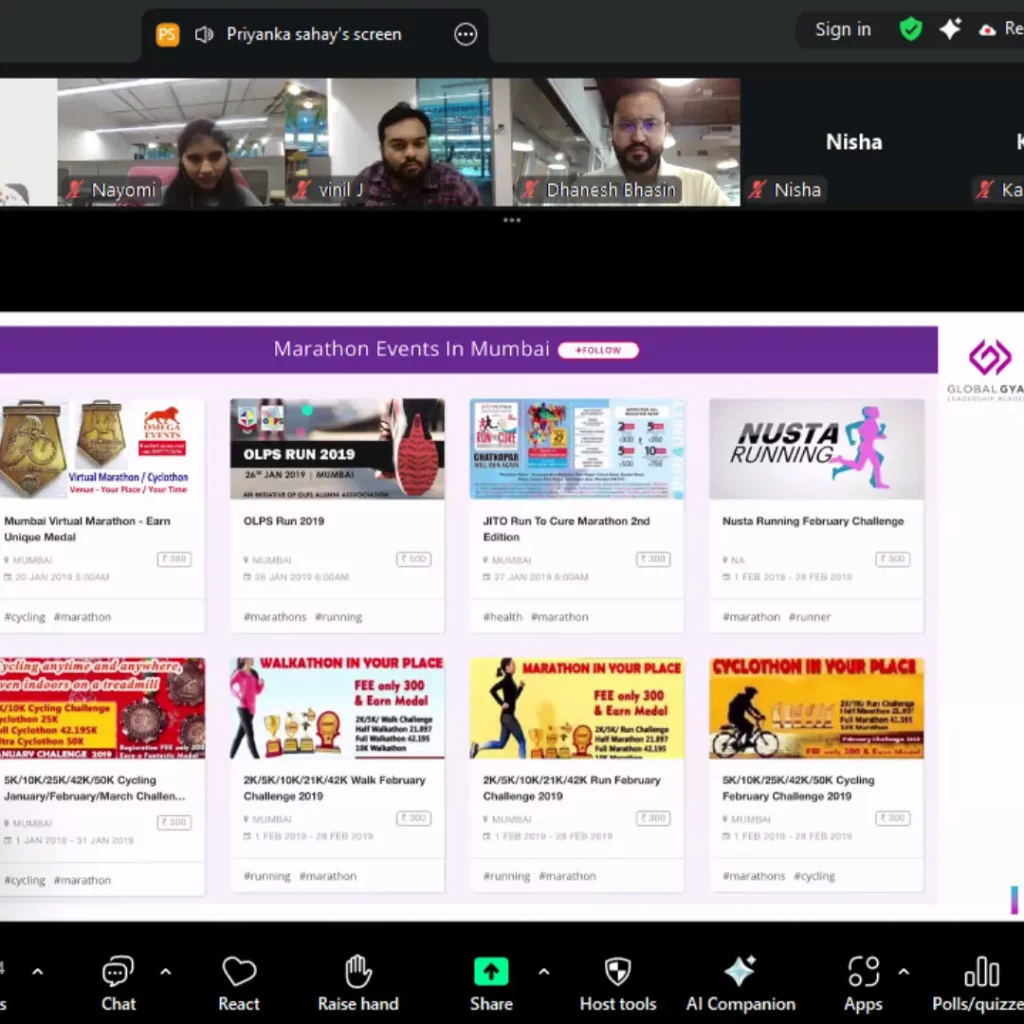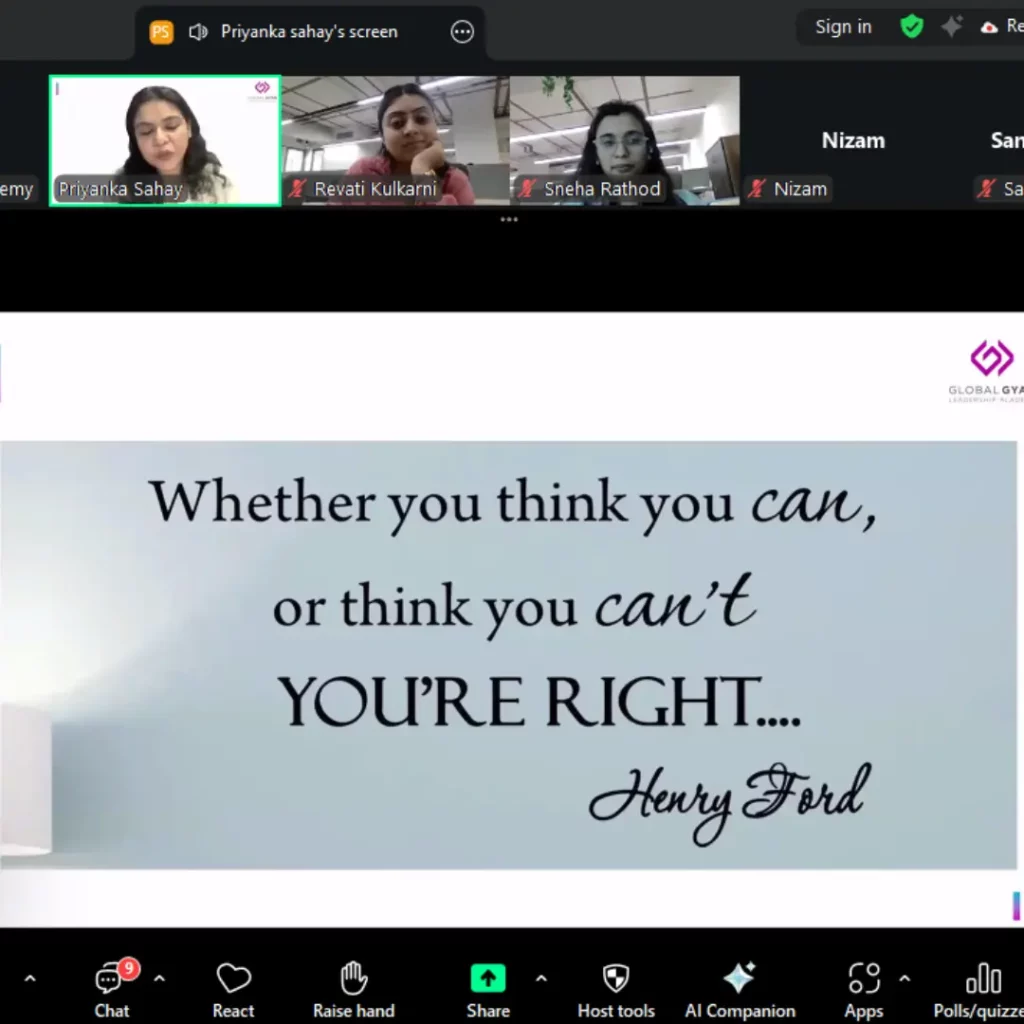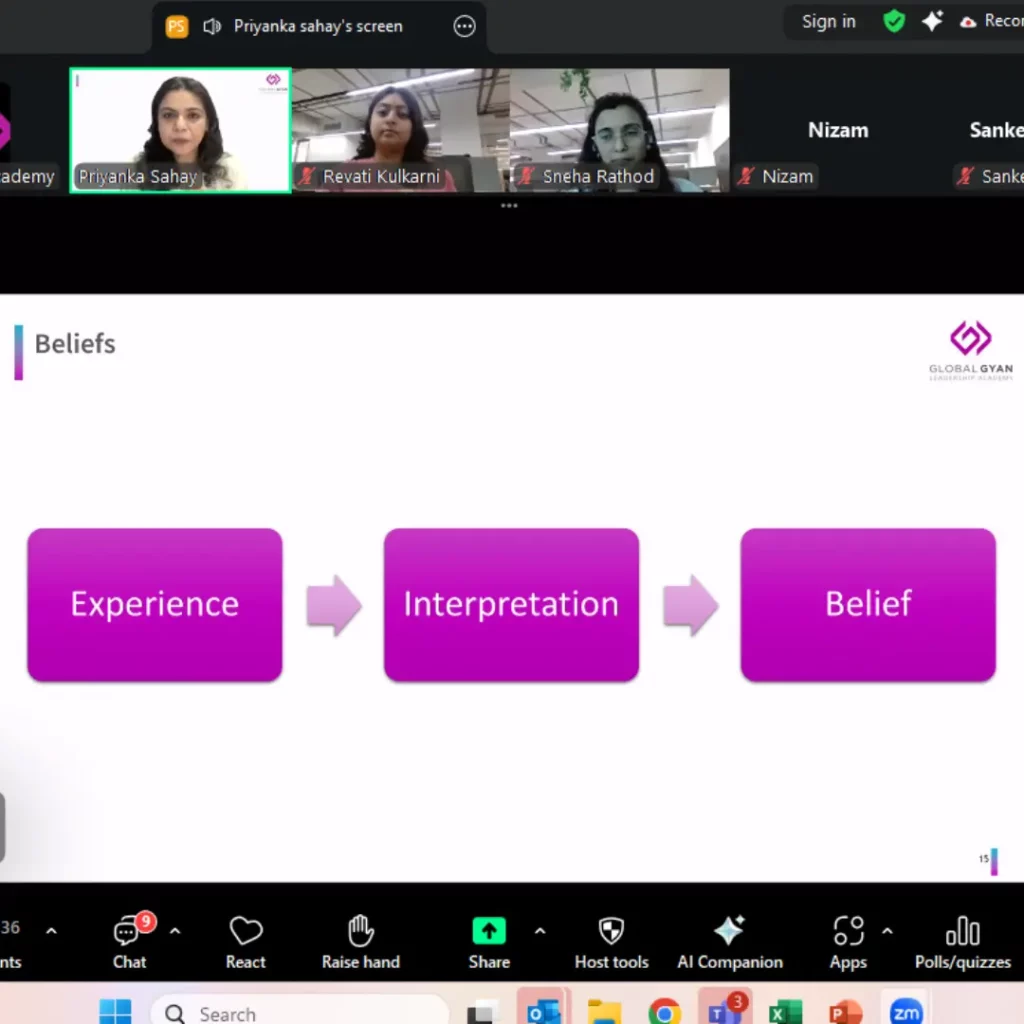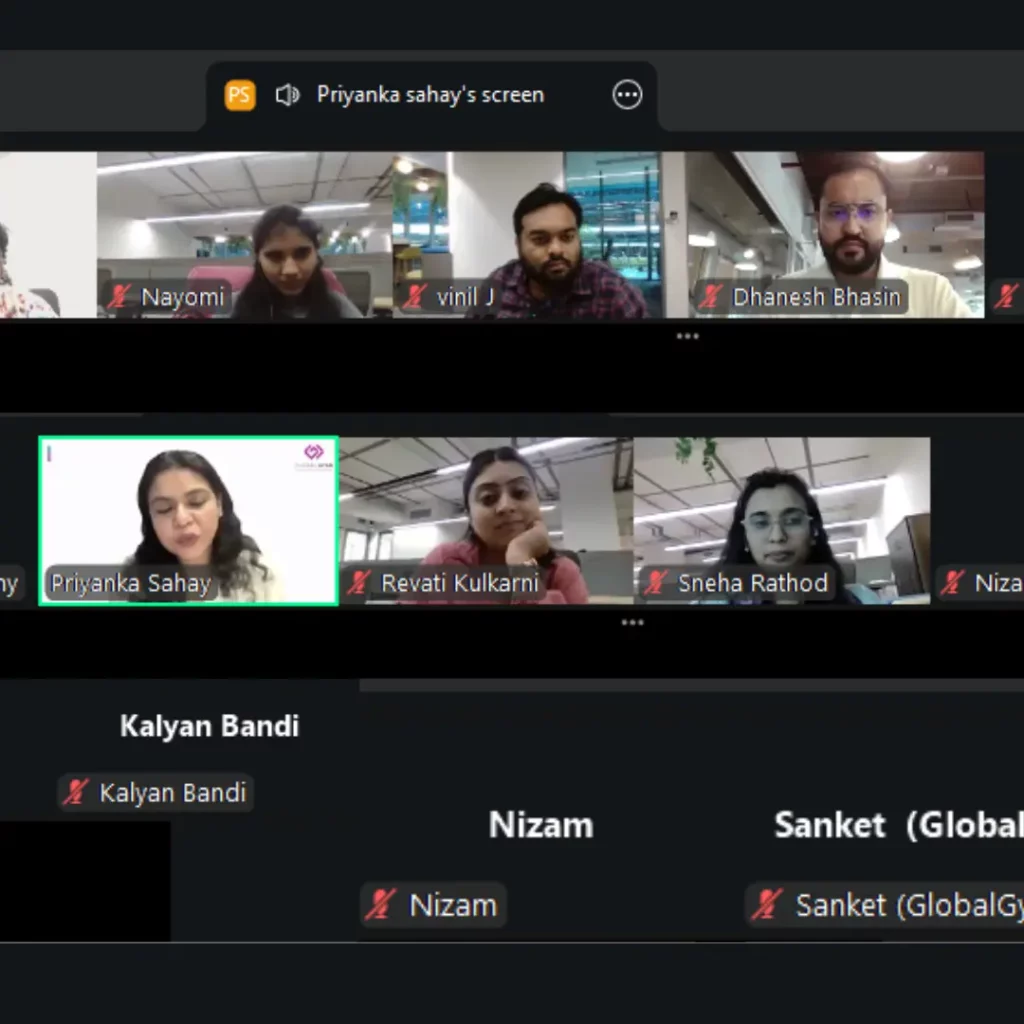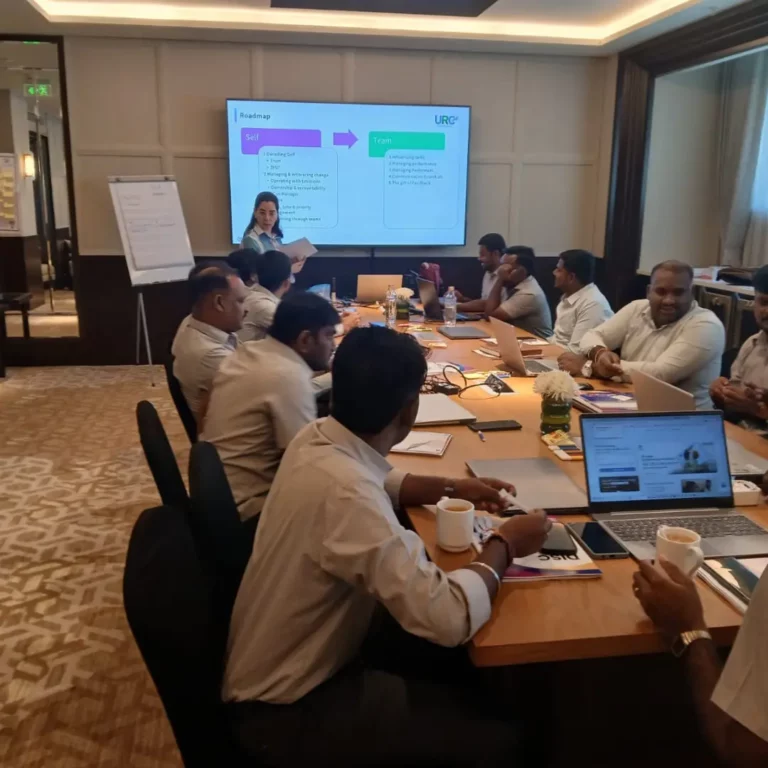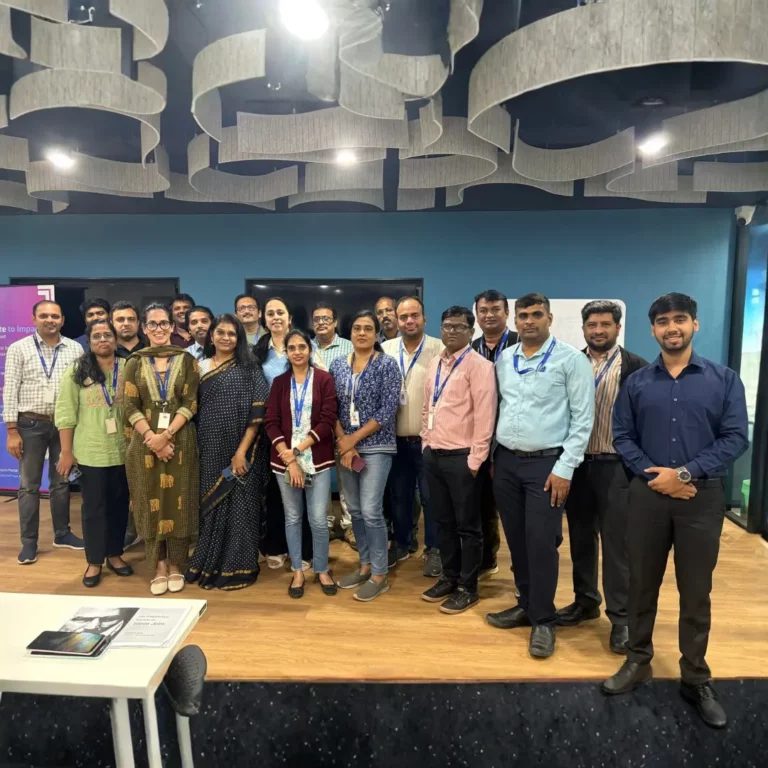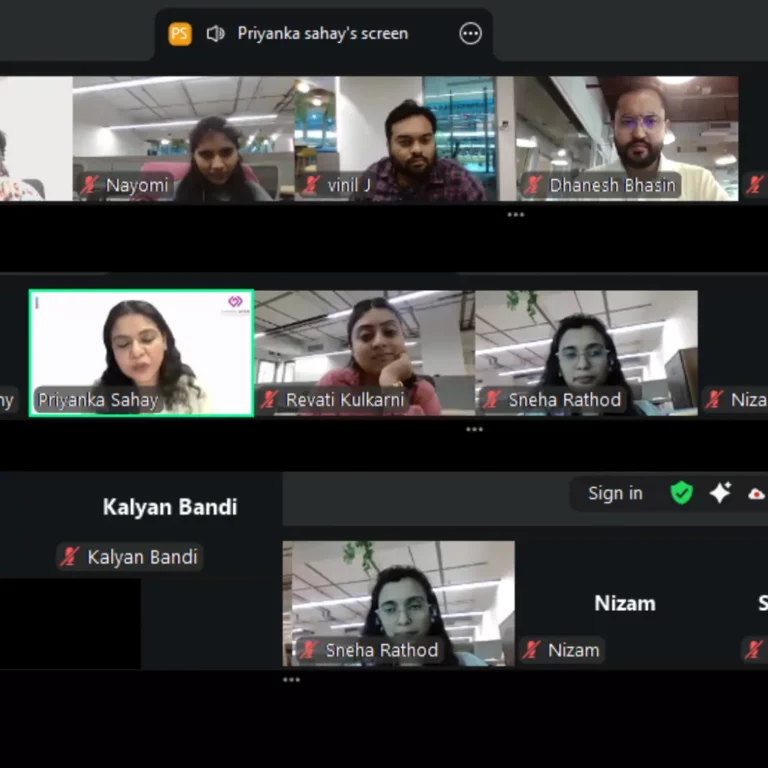Transforming Technical Experts into Effective Leaders @ Leading Healthcare Technology Firm
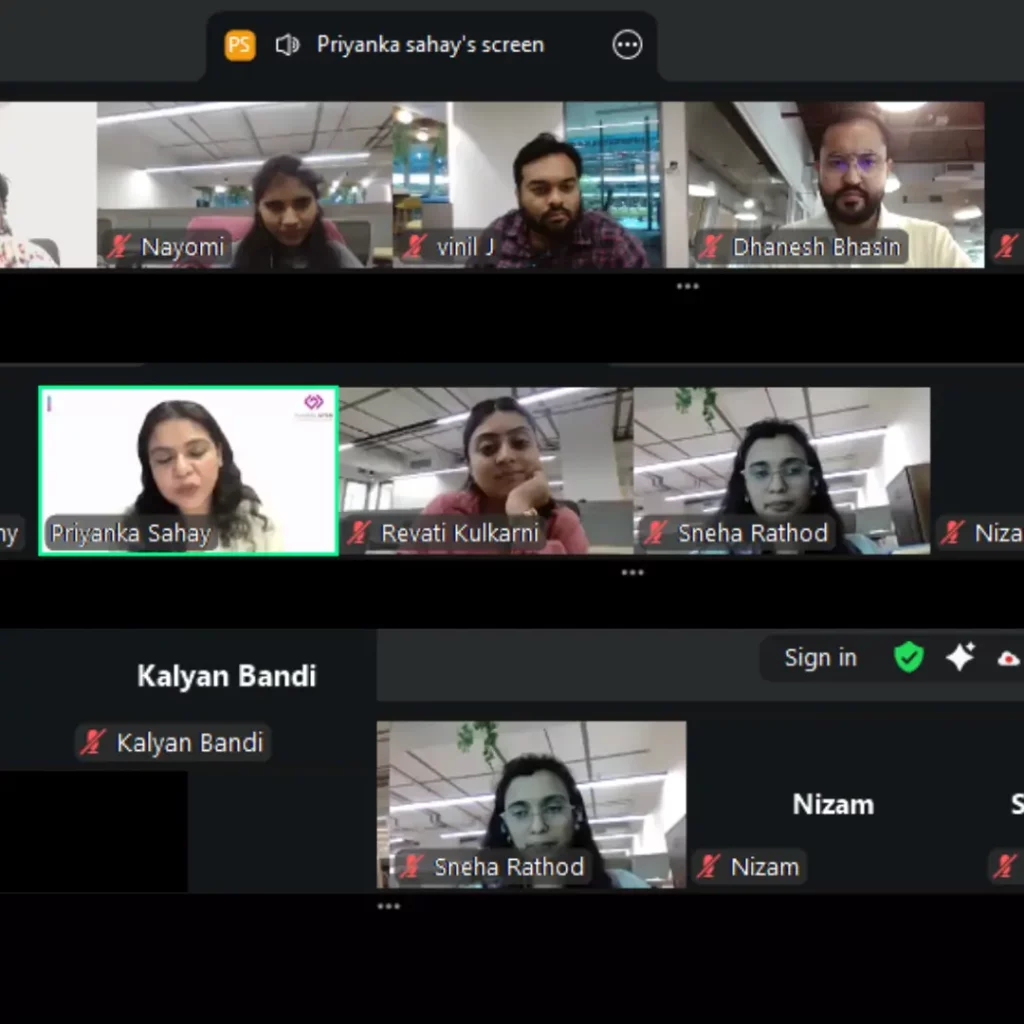
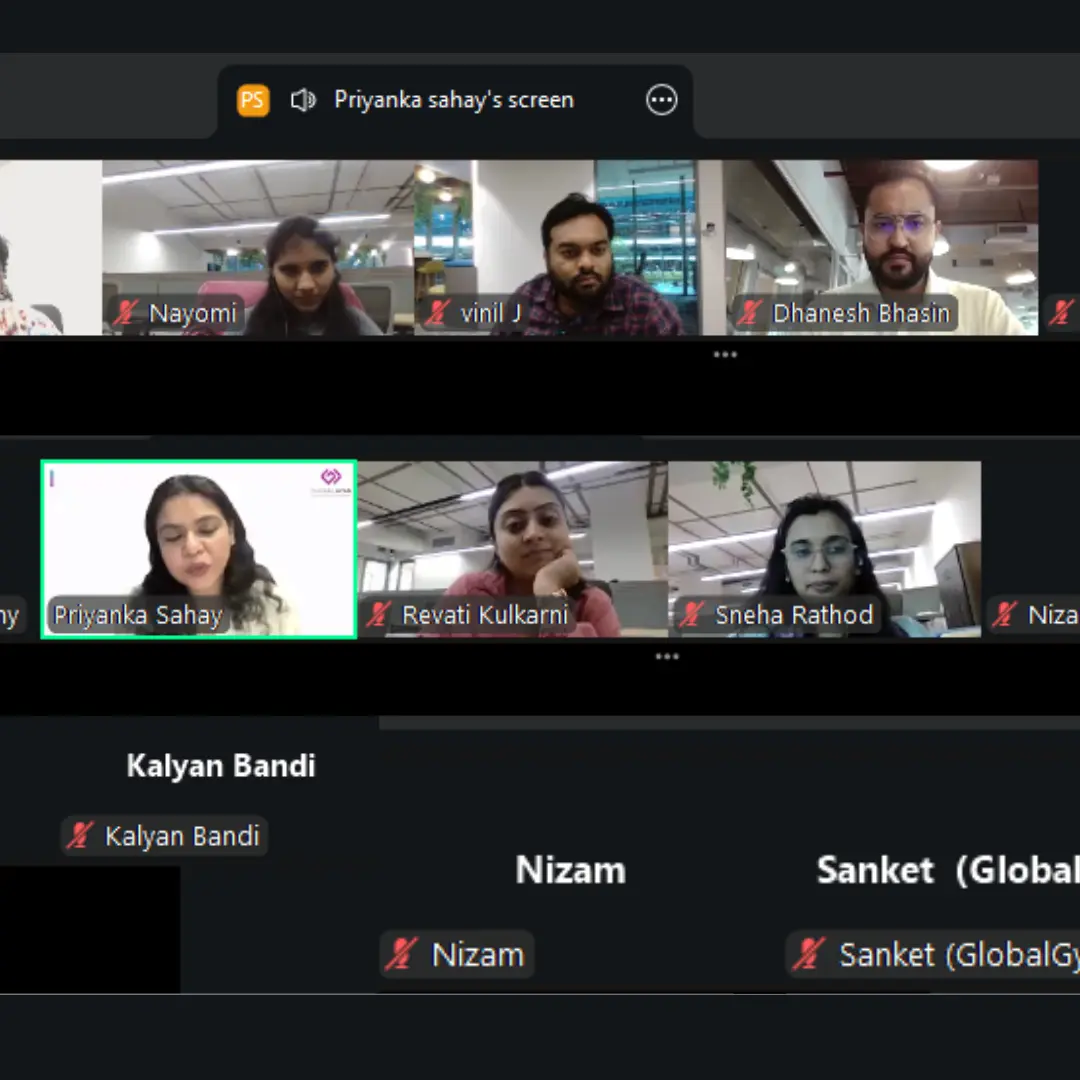
Client
Context
In healthcare technology, technical brilliance is the price of entry, but organizational success depends on managers who can do far more than write excellent code or design elegant systems. Technical teams often struggle with the transition from individual contributor to people leader—where influence without authority, stakeholder management, and persuasive communication become more important than technical expertise. Without these capabilities, even the most talented technical managers find themselves frustrated, their teams underperforming, and their career trajectories stalled.
A leading healthcare technology firm recognized this challenge across their technical teams and sought a comprehensive development solution that would transform strong technical professionals into effective managers capable of driving team performance and business outcomes. The need was urgent: as the organization scaled, they required managers who could communicate persuasively, collaborate across functions, think critically under pressure, and influence outcomes without relying solely on positional authority.
Client
Objective
The organization’s objective was to build a scalable, engaging virtual program that would enhance managerial effectiveness across 40+ mid-senior level participants without disrupting their demanding technical responsibilities. They needed a journey that would develop personal effectiveness through self-awareness and professional identity, foster team performance through collaboration and emotional intelligence, and drive business outcomes through stronger communication, influencing capabilities, and critical thinking. The solution had to blend flexibility with rigor—allowing participants to learn at their own pace while ensuring meaningful engagement and real-world application.
Program Design
Self-Paced Learning Modules
Delivered foundational concept building through interactive digital content covering Persuasive Communication, Time Management & Prioritization, Influencing without Authority, and Critical Thinking & Decision Making. The program included 10 hours of self-paced learning, allowing participants to progress at their own pace while building strong core capabilities.Live Faculty-Led Sessions
Created peer engagement opportunities and guided application through three interactive sessions on Creating Your Professional Identity, Emotional Intelligence, and Collaboration & Teamwork—ensuring social learning, collaboration, and accountability throughout the journey.
Gamified Activities and Reflections
Integrated engaging exercises and structured reflection prompts that connected learning to real work challenges, ensuring concepts translated into practical capability improvement rather than remaining theoretical knowledge.
Key Themes Covered
1. Communication & Influence
Participants mastered the art of persuasive communication that drives action and learned to influence outcomes without relying on formal authority—critical capabilities for technical managers who must align cross-functional stakeholders and secure resources for their teams. The focus was on practical techniques that worked in technical environments where data-driven decision-making met organizational politics.
2. Professional Identity & Executive Presence
Leaders developed clarity about their professional identity and personal brand, learning to present themselves with credibility and gravitas in both technical and business contexts. This theme helped participants transition from being known primarily for technical expertise to being recognized as strategic leaders capable of broader organizational contribution.
3. Critical Thinking & Decision Making
The program strengthened systematic approaches to complex problem-solving and decision-making under ambiguity—essential skills for technical managers navigating competing priorities, resource constraints, and organizational complexity. Participants learned frameworks for evaluating options, managing risk, and making decisions that balanced technical excellence with business pragmatism.
4. Team Performance & Collaboration
Participants developed capabilities in building collaborative team cultures, managing stakeholder relationships effectively, and resolving conflicts constructively. This included understanding emotional intelligence and its impact on team dynamics, creating environments where technical professionals could do their best work while contributing to organizational success.
5. Personal Effectiveness & Time Mastery
Leaders gained practical tools for prioritization, time management, and personal productivity that enabled them to balance demanding technical responsibilities with leadership requirements. The focus was on sustainable approaches that prevented burnout while maximizing impact in high-pressure healthcare technology environments.
Hear from Our Participants!
Looking to build a customized leadership journey? We're here to help!
- Tailored Corporate Leadership Programs
- Outcome-Oriented Learning
- Gamified Assessments & Experiential Engagements




